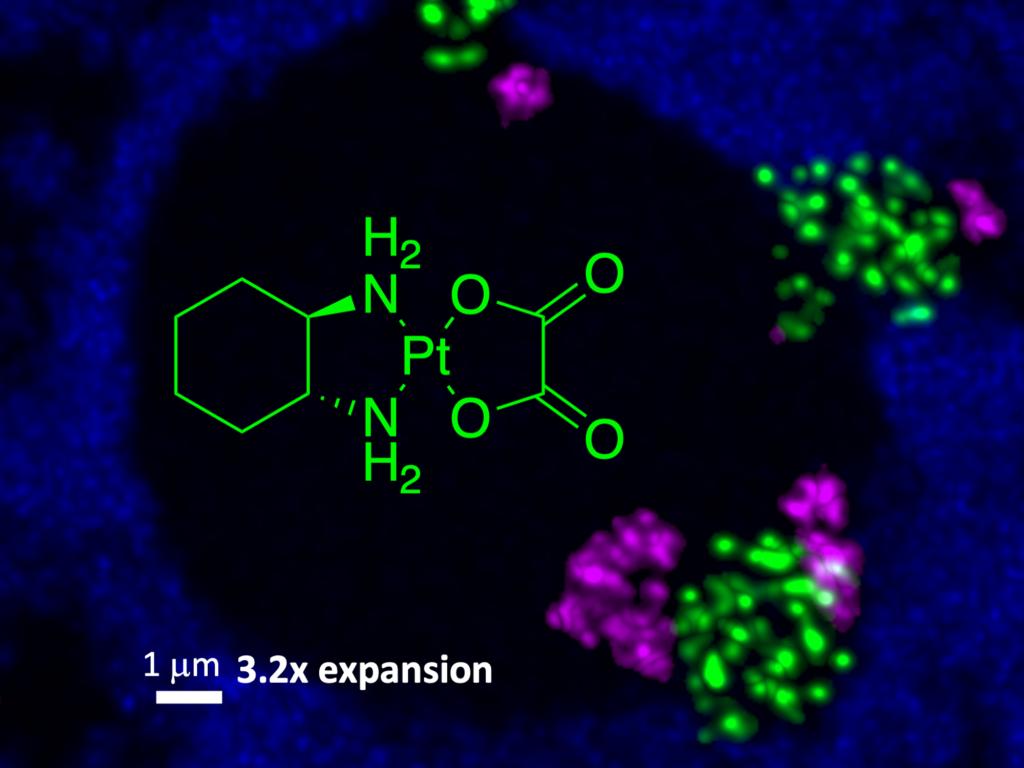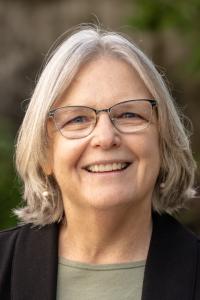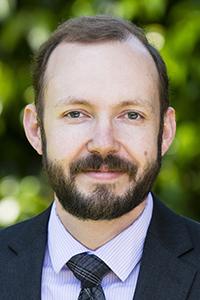
Vickie DeRose, professor and head of chemistry and biochemistry and associate member of the Materials Science Institute and Institute of Molecular Biology, has been awarded a creativity extension by the National Science Foundation (NSF) for research into the structure and function of ribonucleic acid (RNA) through its interactions with metal ions.
According to NSF these rare extensions offer “the most creative investigators an extended opportunity to attack adventurous, ‘high-risk’ opportunities in the same general research area, but not necessarily covered by the original/current award.”

DeRose lab research on RNA has been supported by the NSF Chemistry of Life Processes division for several years. Recently, the lab turned to a fundamental question that also addresses a novel intersection of platinum anticancer compounds and the nucleolus. The nucleolus is a small but critical cellular factory where ribosomes, the protein synthesis machines of cells, are made. Some platinum anticancer compounds specifically shut down the function of the nucleolus, but the reasons behind why small changes in the platinum molecules lead to major cellular disruptions are mysterious.
To understand the basic properties of how different platinum compounds interact with the nucleolus, the DeRose lab is using synthesis, biochemistry, and cell biology methods. This research provides insight into how the nucleolus, which also has functions in energy usage and aging in cells, can be affected by small molecules. Beyond the research itself, the funding also supports a unique interdisciplinary training environment for workforce development, including undergraduate training for women and other underrepresented groups in science, technology, engineering and mathematics (STEM).
With the creativity extension, the DeRose Lab plans to expand in new directions including ultra high-resolution imaging of the nucleolus using expansion microscopy, a technique that allows the tiny compartments of the nucleolus to be visualized, as well as other novel approaches to detect and control how small molecules create changes in the nucleolus.
“Our department has terrific, talented students who want to do new things,” DeRose said. “This creativity extension will support their ideas and their research experiences. The beauty of federally funded science in academic labs is that it encourages new discoveries that are made in context and service of student education. This creativity award brings a special freedom to our next directions.”
Mike Pluth honored with creative extension in 2023
DeRose finds herself in great company at the UO. Fellow chemist Mike Pluth was awarded an NSF creativity extension in 2023 for his work on the role small sulfur-based molecules play in many biological processes. These molecules were likely key species involved in evolution, especially before there was oxygen in Earth’s atmosphere. Despite rich sulfur chemistry in our cells, we still don’t understand much of the fundamental chemistry of many of these important chemical species, including how they may interact with metals.

Pluth’s lab is trying to figure out the chemistry that might allow these types of reactions to happen in biological systems.
“This is basic science at its core but has direct applications for delivering reactive sulfur species to cellular locations and also to understand how nature may traffic these important sulfur biomolecules between different cellular environments,” he said.
Pluth’s lab also studies the fundamental chemistry of selenium, a trace nutrient incorporated in key proteins that protect against damaging reactive oxygen species (it is surmised that the oxidation of our cells is what causes our bodies to age).
“I'm a firm believer that challenging or unknown questions means there is a puzzle waiting to be solved,” Pluth said. “I've been remarkably fortunate to work with many creative and motivated students who bring different backgrounds and perspectives. Often this creativity opens new avenues for future investigations and discovering new problems that we didn't even know existed before.”
Editor’s note: Awards 2109255 and 2004150 and their creativity extensions were funded by the National Science Foundation Division of Chemistry.
